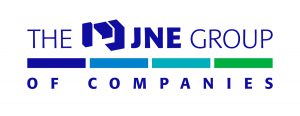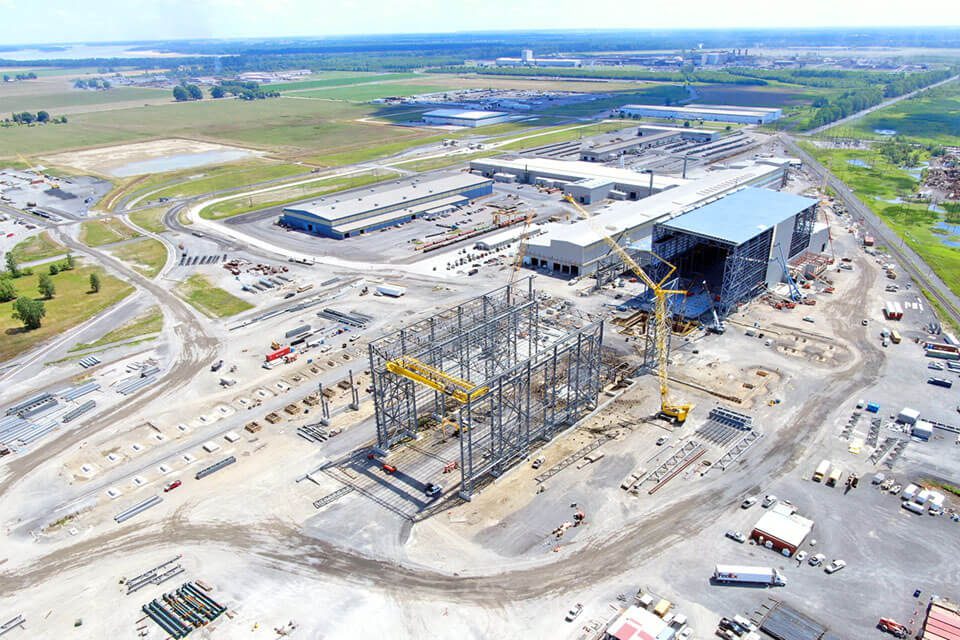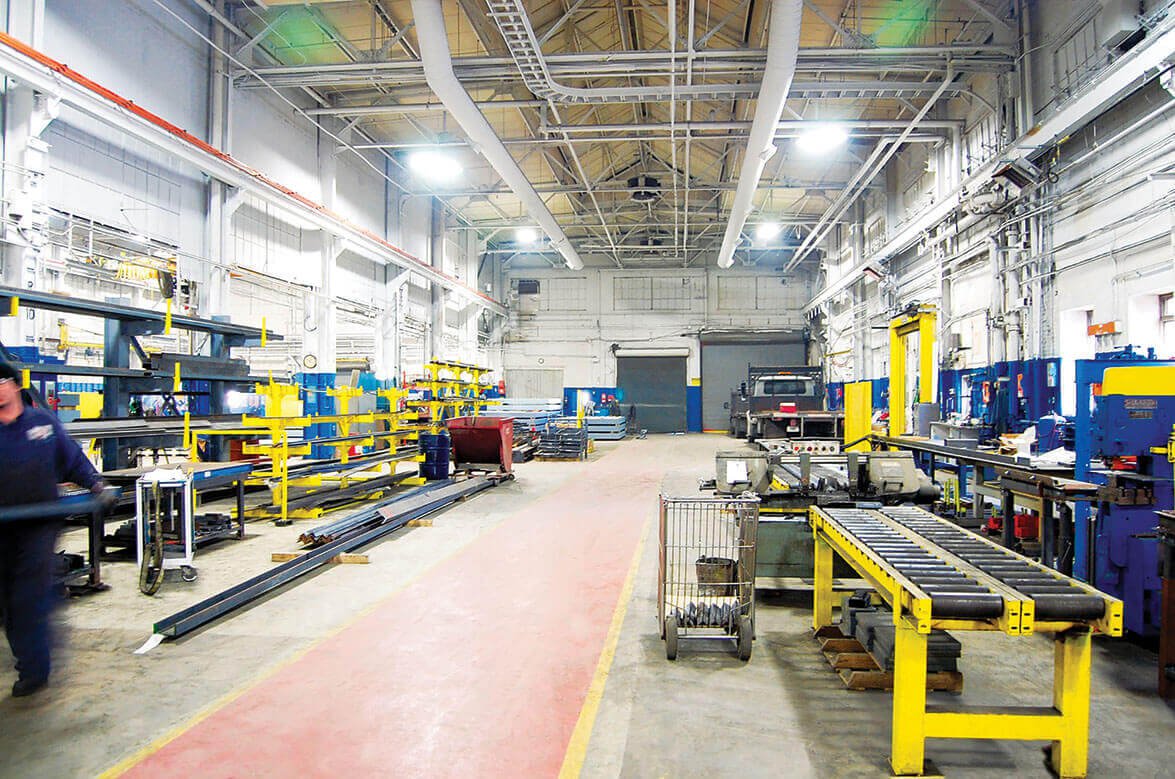Mould control system improvements
Temperature upgrades & width adjustments
A major steel producer in Hamilton, Ontario, required their continuous caster to operate faster than its designed speed in order to keep up with increased product demand. The caster uses a rectangular mould with the two long edges being fixed and the two narrow edges (width) being adjustable. All edges are constantly cooled in order to solidify the outer edges of the metal as it passes through. If the taper of the narrow edges are not set precisely, the metal may not solidify correctly causing a situation where liquid metal makes it through the mould and spills all over the equipment below. This is known as a breakout and is extremely time consuming and expensive to clean up. Another cause of a breakout could be the cooling system is not keeping up with the pour. To provide better advanced knowledge of this situation, the mould was fitted with extra thermocouples to detect the change in temperature of the metal as it passed through.
The existing mould width adjustment system used older technology drives with “home-made” encoders for position feedback. The encoders only allowed for minimal counts per mm and the control system was not able to set the taper positions at exact locations.
The new control system utilized AB’s ControlLogix (CLX) and Kinetix 6000 Servo System with SERCOS. This new system allowed for new levels of control and accuracy that would allow the project to succeed.
To reduce the risk of unscheduled downtime the customer did not want to completely surrender control of the mould width system to the new CLX, nor did they wish to invest in a dedicated communication link between their PLC5 and the new CLX. It was decided that Plant Ethernet was the only other option for communications between the PLC5 & CLX. The CLX was configured as the master for the data communications and programmed with several methods to detect a loss of communications. If the CLX detected a loss of communications it would stop any width change in progress and move the mould width to a safe taper until communications had resumed. The PLC5 was configured by the customer to calculate all of the destinations required for the mould and the velocities they should move, and then send a start command. The CLX would handle each of the moves sequentially until complete and return this status to the PLC5.
To aid in troubleshooting and data collection, the CLX was configured for data collection and storage. For each event, a large amount of status information was stored in a local database for future review. This allowed the commissioning team to quickly debug problems by using the snapshots that were stored.
To ease the transition for the client, the commissioning team made the entire interface the same as the old system.
After a set number of hours of operation, the mould must be taken offline and cleaned and repaired. To assist in set up of the moulds, an offline system was also developed for testing and repairing these moulds. The maintenance crew were given manual controls, semi-automatic width changes and a taper change feature. This allows them to test that the mould is functioning correctly before allowing it to go back to the caster.
JNE Automation’s project team’s responsibilities included:
- Control system design
- Procurement
- Construction design
- Control system build
- Installation supervision
- Application development
- Commissioning
- Training
Contact Us











